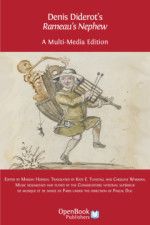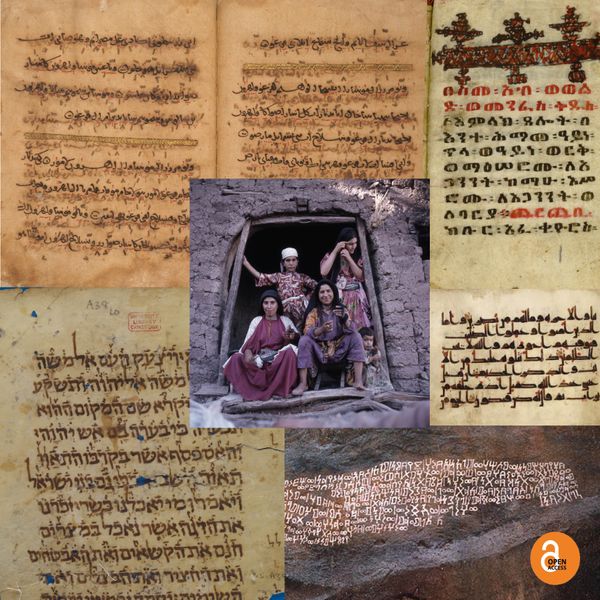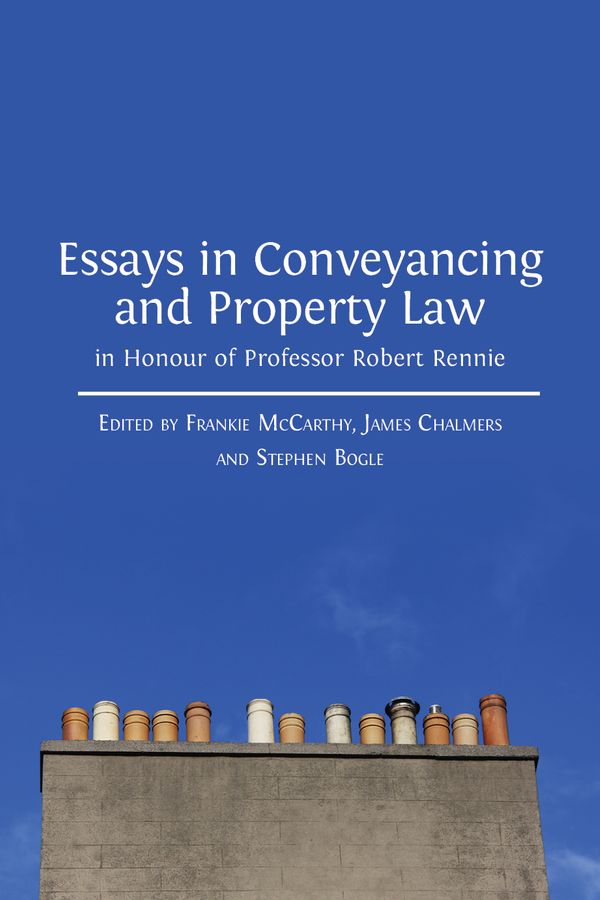Open access book publishing: a series editor writes
Geoffrey Khan, Regius Professor of Hebrew at University of Cambridge, is the series editor of Cambridge Semitic Languages and Cultures, an open access book series published by Open Book Publishers. He first delivered this post as a talk at a seminar co-hosted by CRASSH and the University of Cambridge’s Research Culture Team on 28 November 2023: 'Should I consider publishing my monograph open access?'
Description of our series and why I set it up
In 2020 I set up the open-access series Cambridge Semitic Languages and Cultures.
This is published by Open Book Publishers in collaboration with the Faculty of Asian and Middle Eastern Studies of the University of Cambridge. The collaboration with a Faculty of the University consists in the fact that the editors are members of the university and in the fact that the series is partially funded by Trust Funds in the Faculty.
The aim of the series is to publish, in open-access form, monographs in the field of Semitic languages and the cultures associated with speakers of Semitic languages. This series includes philological and linguistic studies of Semitic languages, editions of Semitic texts, and studies of Semitic cultures. Titles in the series cover all periods, traditions and methodological approaches to the field.
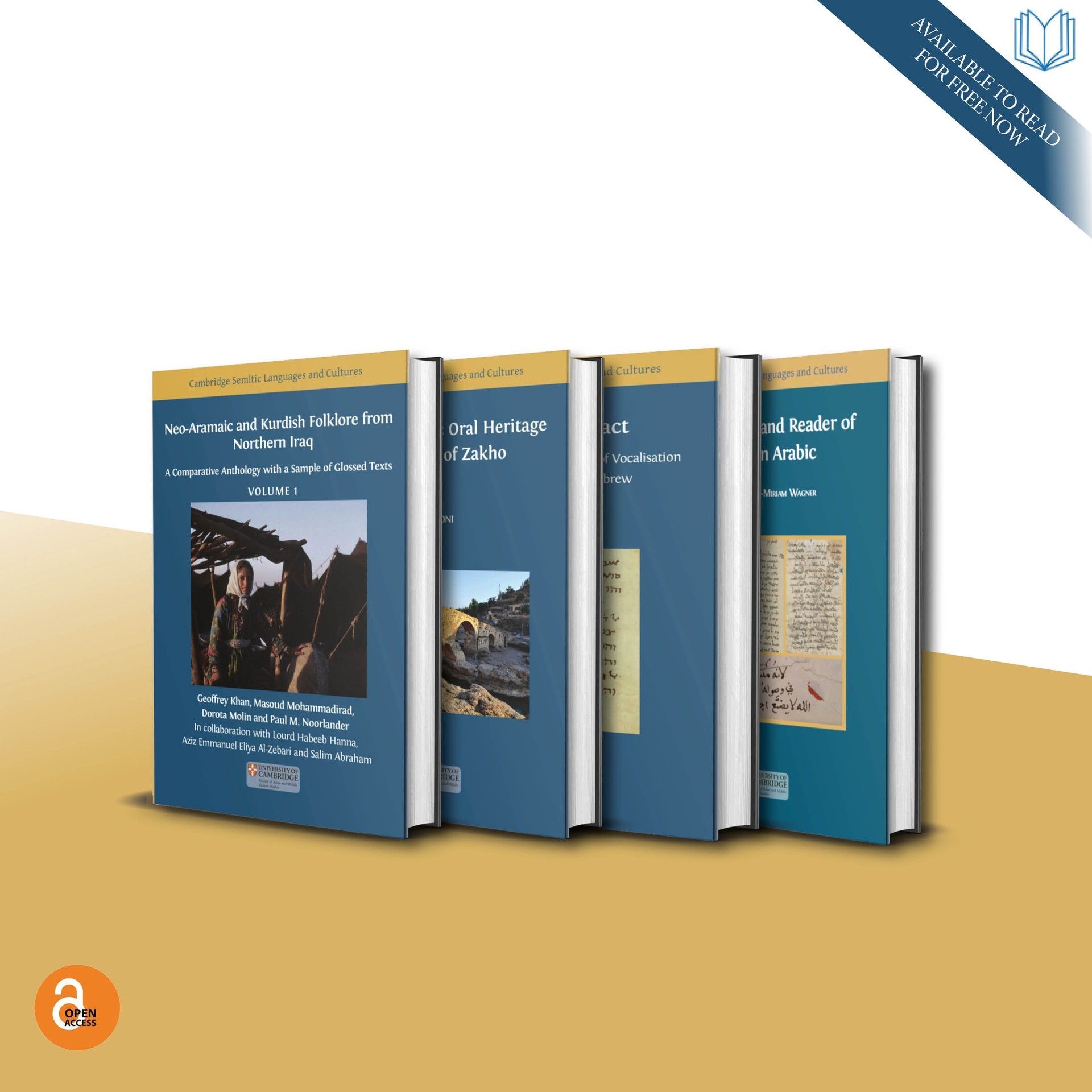
I established the series for several reasons.
1. As far as I could see there is no other series that covers such a wide range of aspects of the field of Semitic languages. Existing series tend to focus on linguistic and philological studies, or on historical studies. I regarded it as important to have a holistic series including crucially the publication of primary data in the form of text editions and descriptions of languages, as well as analytical studies. It was also important for the series to cover all periods, from ancient to modern. Traditionally these various aspects of the field of Semitic languages and cultures are compartmentalized into different series, which in my opinion was impoverishing the field through over-specialization. This was the key academic case for setting up the series.
2. I wanted the series to be open access since I was acutely aware that books in my field that were published by traditional publishers behind a paywall had very unsatisfactory dissemination. Crucially, they were being bought almost exclusively in wealthy countries by libraries of wealthy universities. I wanted the books to be accessible by everybody who had an interest in them, by those in universities in all countries and also by people who have an interest in acquiring scholarly knowledge but are not formally attached to an academic institution.
3. The field of Semitic languages and cultures, which I have been researching and teaching for several decades, involves the study of languages and cultures of living communities. This applies both to studies of modern languages and cultures and also to studies of pre-modern languages and cultures, since they are part of the heritage of living communities. In the past, the typical practice of academics was to do fieldwork among living communities or to research the history and heritage of living communities and then publish their work in expensive academic books. As a result, the communities whose cultures the academics described could not themselves get access to these descriptions of their own culture. To put it bluntly, it was a form of depredation and asset-stripping that benefited the career of academics but had no benefit for the communities themselves. Open-access publishing is the solution to this immoral practice, since it allows the work of academics to result in a meaningly benefit for the living communities, by ensuring that all members of the communities have access to research of their cultural heritage.
... the communities whose cultures the academics described could not themselves get access to these descriptions of their own culture. To put it bluntly, it was a form of depredation and asset-stripping that benefited the career of academics but had no benefit for the communities themselves.
4. The reason I chose Open Book Publishers as the host of the series was their maximalist approach to open-access publishing. As we all know, nowadays most major academic publishers offer authors the opportunity to make their publications open-access by paying a fee. This is still, however, a very restrictive approach to open-access publishing. Typically only academics with a research grant or substantial departmental research funds can make their book open-access in this way. As a result, many books published by such traditional academic publishers remain behind paywalls and inaccessible to many scholars and inaccessible to most members of living communities whose cultures the books describe. A more satisfactory model is a maximal approach, whereby all authors have the opportunity to publish open access even when they do not have funds to support it. This results in the enrichment of research by disseminating the knowledge of all publications in the series.
The results so far
So far 21 books have been published in the series.
Several of them have received international book prizes.
They have all been downloaded thousands of times.
They are downloaded across the world, not only in wealthy countries with wealthy universities, but also across poorer countries. What has surprised me in particular is the fact that they have been downloaded in many countries where there are no institutions supporting the study of the subject, as far as I am aware. This indicates that there are hundreds, indeed thousands of people across the word who are not in academic institutions but are hungry for academic knowledge.
For example, one book on the pronunciation of Biblical Hebrew has been downloaded over 13,000 times across about three quarters of the countries of the world, including a large proportion of the countries of the Global South.
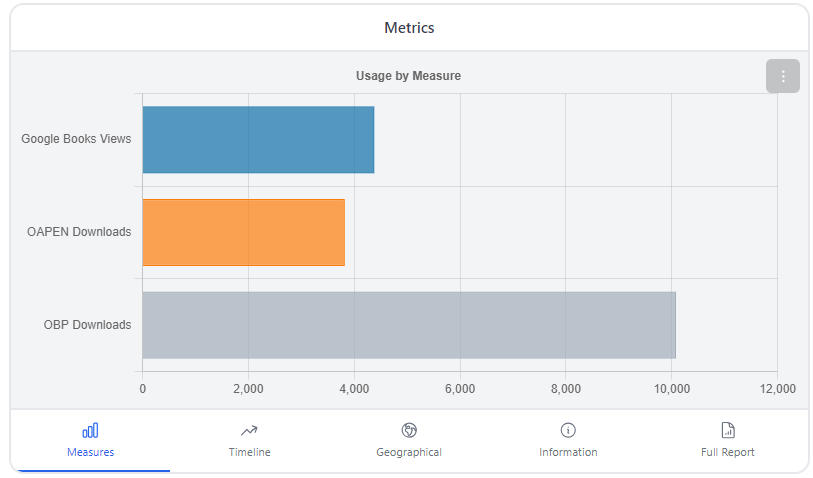
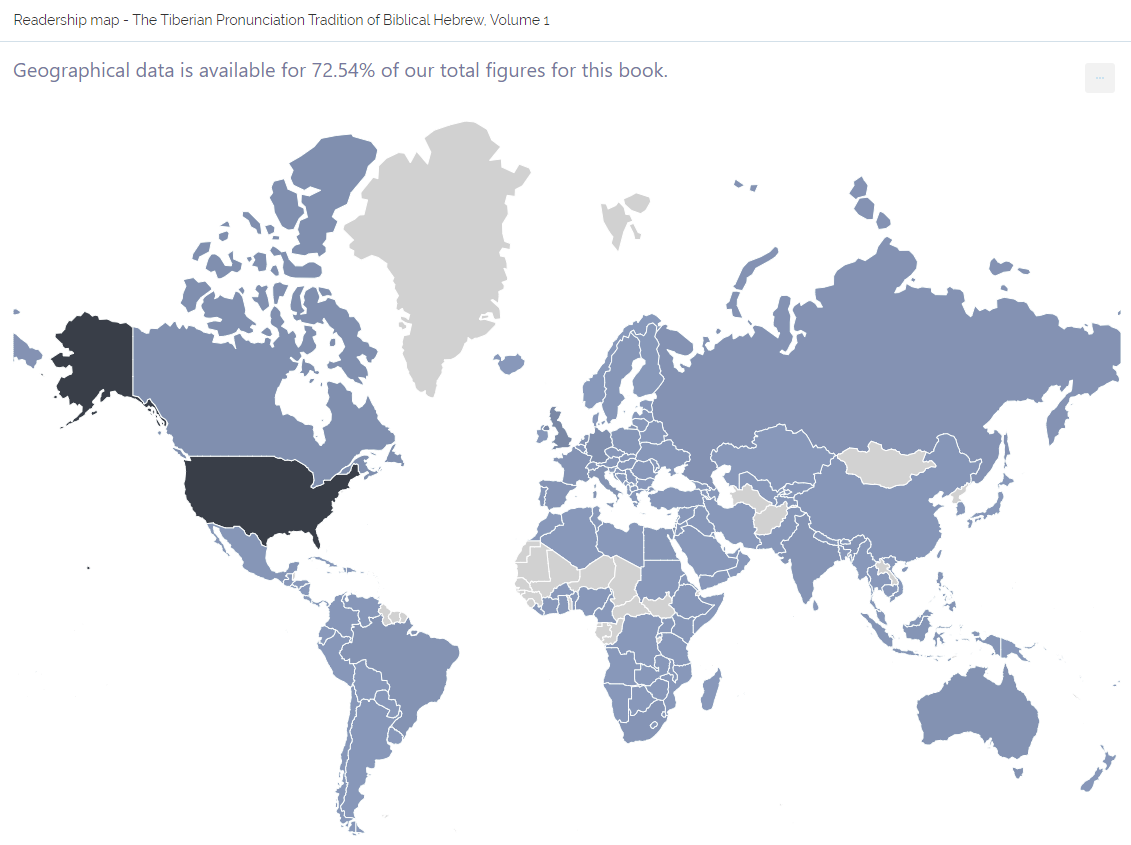
This shows the role a university can have in feeding the world knowledge and offering the opportunity for intellectual enlightenment and education to all inhabitants of the world, irrespective of their personal wealth or the institutional infrastructure of the countries they live in.
I have been approached by dozens of academic authors who want to publish books in the series. It has become clear that there is a massive demand for open access publishing by academic authors but only about half of these can offer funds to support the publication of their books. So, only about 10 of the 21 books published so far in our series have received financial support from their authors. The dissemination of knowledge in the field would have been severely diminished if only those books whose authors have funds were allowed to be published.
Challenges
Finally, I would like to say a few words about the process of production of books in the series, the funding of the series, and various challenges.
Process
Authors who wish to submit books for publication are asked to follow our style guidelines. Then their books undergo a peer-review process, with their books being reviewed by two reviewers. A decision is then made by the editors as to whether the book should be accepted. After acceptance and revision by the author, the book is sent to one of our copyeditors, who not only copyedits the book but also prepares a camera-ready PDF. This PDF is then passed onto the production team at Open Book Publishers, who take care of the last stages of the publication of the book.
Funding
As I have said, the costs of some books are covered by the funds of authors. Open Book Publishers contribute some support from the funds they acquire from their Library Membership Programme. The remaining required funding is paid from Trust Funds in my department and from donations.
It is clear that the key elements in funding the series in its maximal open-access format is the Library Membership Programme and university departmental Trust Funds.
The challenges include:
1. Finding suitably qualified copyeditors to handle the increasing number of publications. Our copyeditors have to have knowledge of Semitic languages and Semitic scripts.
2. Financial planning of the future beyond my retirement in 2025. In the current model we need continuity of the key sources of funding, i.e. the Library Membership Programme and departmental Trust Funds.
Desiderata
1. Greater institutionalization of the funding of the series through the School of Arts and Humanities in the university, and beyond, including national funding bodies.
2. Recognition by funding bodies of the importance of supporting open-access series that offer publishing opportunities to all authors and not only to selected authors who have research grants or who belong to wealthy academic institutions.

